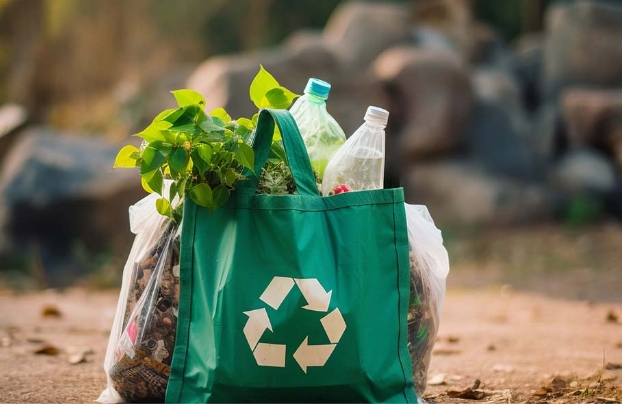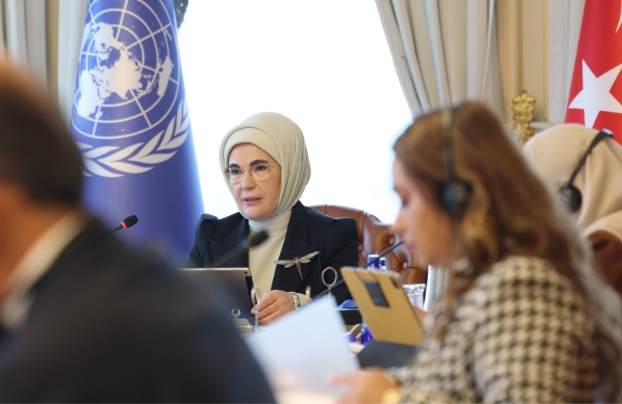Zero Waste

For Schools
How Can I Implement Zero Waste for Schools?
Education and Awareness
Organizing education and awareness programs involving administrators, staff, custodial workers, students, and teachers. Forming a student group to carry out awareness activities, provide guidance, and ensure sustainability (e.g., through supportive teacher groups, student councils, or eco-clubs). Considering innovative ideas for preparing informative materials (e.g., design competitions). Incorporating informative materials to improve effectiveness during implementation. Organizing activities for the reuse of unused or surplus school supplies. Teaching children ways to use classroom materials efficiently and sparingly. Integrating the zero-waste theme into examples and projects in lessons. Conducting workshops, exhibitions, festivals, and competitions to promote recycling of generated waste. Monitoring the types of waste generated at the school and taking measures to reduce the most frequent ones. Developing zero-waste-themed games.
Equipment Preparation and Collection
Installing collection equipment for separating waste. Collecting sorted waste by designated personnel. Setting up a temporary storage area on the school premises for collected waste. Delivering the separated waste to municipalities or licensed facilities. Keeping records of the separately collected waste. Collecting and recycling books and notebooks that are no longer usable at the end of the school year. Entering information about the activities conducted into the zero-waste information system.
Preventing Natural Resource Consumption
Preferring recycled papers, Backyard-style composting to enhance the gardens of schools with cafeterias or gardens is a great way to engage and educate students. However, these methods will also contribute to a significant reduction in waste going to landfill. Organizing book exchange days in schools
Preventing Waste Generation
Canteens and dining halls constitute a large portion of the waste generated at schools. Preferring reusable products instead of disposable paper and plastic plates, cups, straws and wet wipes, Waste-free lunch promotions for students and staff who bring lunch to school. Encouraging the choice of reusable storage containers, Encouraging students and raising awareness with simple reminders. For example; “just take one napkin” etc. “You can only take as much as you can eat.” Encouraging the use of cloth bags or water bottles to draw attention to reducing plastic use Portion regulation or child-specific meal arrangements to encourage waste reduction at lunch Using correspondence in digital environments instead of unnecessary printouts
Within the scope of the Zero Waste Project, it is necessary to switch to a Zero Waste Management System, starting from the prevention of waste generation, including all processes of reducing waste, separate accumulation at the source, temporary storage, separate collection, transportation and processing. For this purpose, the following activities can be done in your school:


